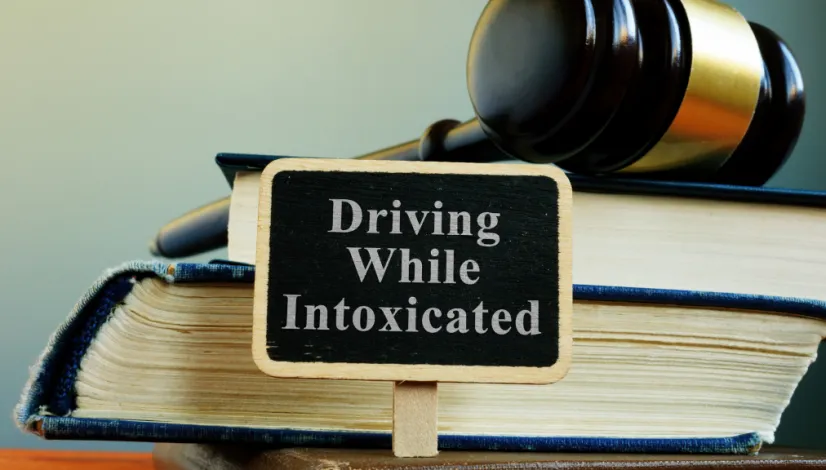
Like any other criminal charge, the prosecution must prove each and every element of a DWI charge beyond a reasonable doubt in order to secure a conviction. There is, however, often more at issue in a DWI. These additional issues are areas where a skilled Dallas DWI lawyer can sometimes mount a successful defense.
Did The Police Did Not Have the Right to Stop Your Vehicle?
The police can only stop you if they reasonably believe you have committed a criminal offense (such as a traffic violation or driving while intoxicated). The police cannot simply pull over every car in the area of a bar around closing time. They have to have specific and articulable reasons that led them to believe that you had committed some specific offense. Some common reasons for police to pull you over in a DWI case are: speeding, failure to signal before a turn or lane change, and failure to maintain a single lane.
The first thing a knowledgeable Dallas DWI lawyer will do is review the police’s reason for stopping you and see if it’s legal and if it’s supported by the evidence.
Did The Police Have the Right to Conduct Field Sobriety Tests?
While the police need only reasonable suspicion that you’ve committed some offense to pull you over, they need a higher level of proof to order you to exit the car to do the standardized field sobriety tests (or to arrest you). Once you are not free to leave, under the law that’s a detention (or arrest). Arrests and detentions are only allowed under the law when the police have probable cause to believe you’ve committed a crime.
Probable cause is a higher degree of certainty than reasonable suspicion. Probable cause to order you to exit the vehicle could include: the odor of alcohol coming from you, slurred speech, glassy/bloodshot eyes, admitting to drinking alcohol.
A Poorly Administered Standardized Field Sobriety Test
The only reason the field sobriety tests the police conduct are reliable are that they are standardized. This means there are specific protocols the police are supposed to follow to administer the tests. If the tests aren’t administered correctly, it can invalidate the results of the test (and therefore possibly make your arrest unlawful).
There are three standardized field sobriety tests:
- The horizontal gaze nystagmus test
- The walk-and-turn test
- The one-leg stand test
Each of these tests needs to be administered in a specific manner. If the tests are not administered properly, their validity is questionable and this could lead to the case being dismissed.
Choosing The Right DWI Lawyer in Dallas
Searching for DWI lawyers in Dallas can be overwhelming. After all, you are choosing someone who will hold your life, your future, and your family’s future in their hands. You have to be comfortable with the DWI lawyer you choose and feel that you can trust the advice they give you. Lawyers are supposed to always work in their client’s best interests. That shouldn’t just be meaningless talk.
Talk to several lawyers to get a feel for them and their staff. Do they take the time necessary to get to know you, listen to what’s important to you, and answer your questions? Do they show you that you matter to them as a person and not just as a fee? Beware of lawyers who put the hard sell on you, who make big promises or who don’t communicate the scope of the work and their fee clearly and understandably in a written contract or engagement agreement.
If you or someone you love is facing DWI charges in the Dallas-Fort Worth area contact the Law Offices of Mike Howard. Dallas DUI lawyer Mike Howard will not only fight for you and do everything he can to prevent the serious consequences of a conviction, but he will give you an honest assessment of your case and explain the law and your legal options.
View All Blogs




